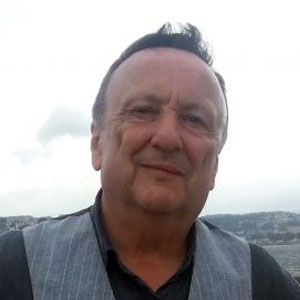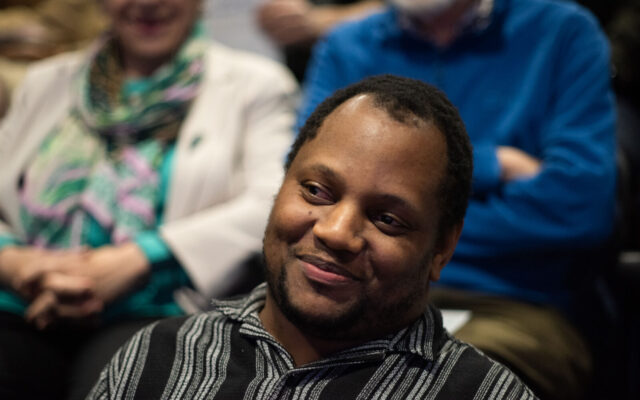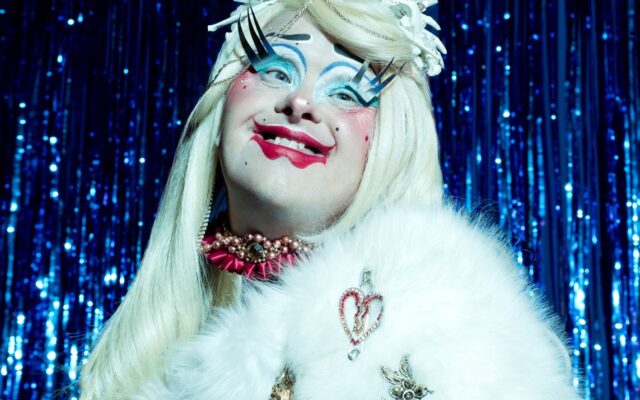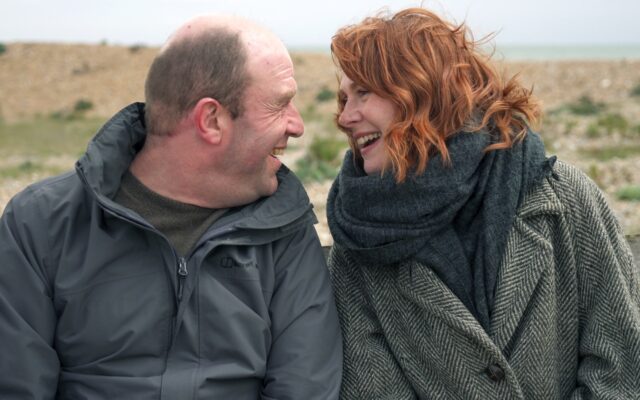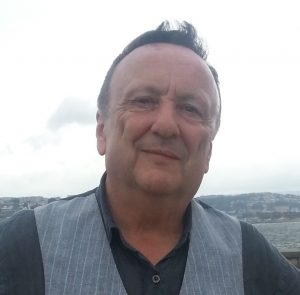 Theatre review by Simon Jarrett
Theatre review by Simon Jarrett
Princess of the Graveyard Palace Ellen Goodey and Annie Smol (co-directors) Ellen Goodey and Chris Goodey (co-writers) Stratford Circus Arts Centre
In theatre, there is nothing worse than a play that simply reaffirms its audience’s expectations and beliefs: and similarly there is nothing better than when a play, like this one, chips away at everything you think is true. Sometimes you see a production that is so smart, so wise, and so challenging, that you would just like to be able to take it away with you for future reference. And here is such a play.
Princess of the Graveyard Palace defies easy description. A princess (Katy Cracknell) grapples both with her own grief and with her fears for the future as her father, the King (Delson Weekes) dies. She wants to understand the world outside her palace, and so we go on a time-travelling tour of several thousand years of human society. We see first the Stone Age, then ancient Greece, followed by the turbulent early days of the protestant religion, and finally the all-knowing world of modern medicine in the all-powerful asylum institution. These apparently highly disparate worlds are united by one thing – a desire and a drive to identify those who are different, those who don’t quite qualify as human, and to remove them from human society. In each case the exclusion is based on the person’s brain power – if they are perceived not to have enough of it, they are out.
For soul read brain
It is startlingly original. The sets are beautifully and brilliantly simple and the time transitions happen effortlessly. The dialogue at times hits you between the eyes with the force of a heavyweight boxer’s glove. “What if someone looks like a human but they aren’t?” a group of drunken Greek philosophers ponder. We all know where that is going to lead. In the religious scene God and the Devil explain the mechanics of predestination – the idea that each of us is assigned either for hell or heaven from birth – to a puzzled priest, who asks, “How do I know who’s who?” “You give him an assessment,” explains the Devil, “see if he’s got a soul. If not he goes down with me.” For ‘soul’ read ‘brain’ – if he lacks the capacity to read and learn his catechism, then out he will go, cast off to the hell of non-belonging.
A later scene is in an asylum. Walter(Gopal Gautam), the ‘idiot’ character, appears in a gag. He is subjected to an IQ test. He can’t answer because he is wearing a gag. He is predestined to be excluded, unable to answer the questions of the modern high religion of medical authority. This medical authority needs him in the hell of its institutions and shapes his life from birth accordingly.
The lead artist, co-director, co-writer and co-choreographer for this unique and striking theatrical event is Ellen Goodey, who has been making a name for herself in dance, drama and singing circles for a while. She co-wrote this with her father, the historian Chris Goodey. Together they have produced something very special, as have their very talented team of actors, performers and support staff.
Who is human? And who decides the answer? It’s a big question, and this play lays bare the very disturbing answers that sometimes come back.


